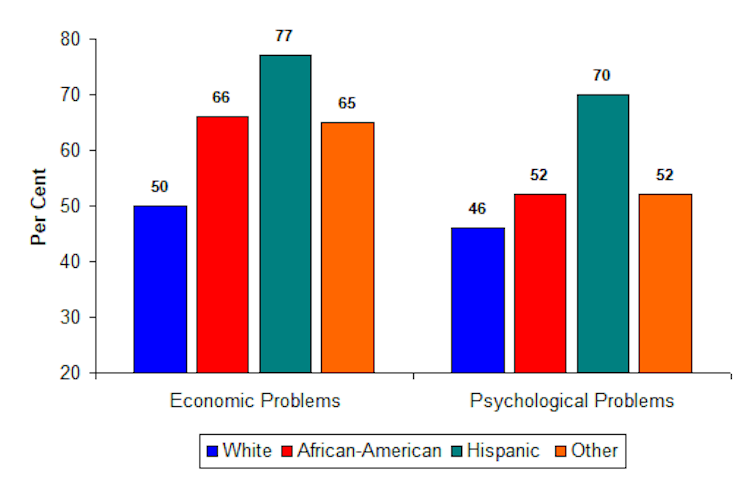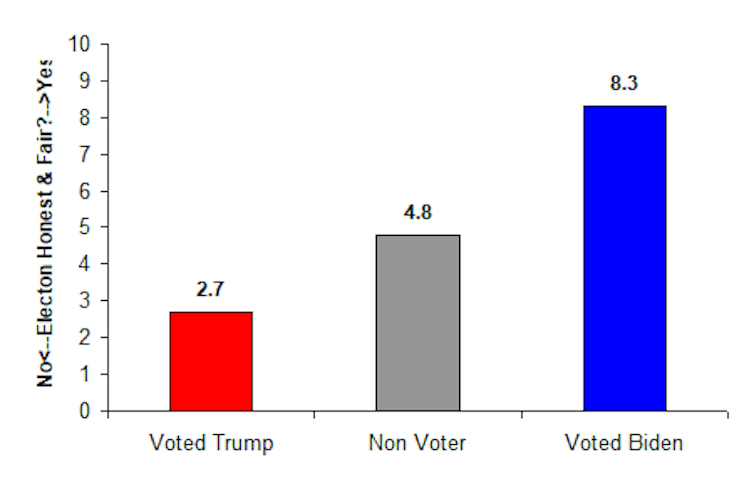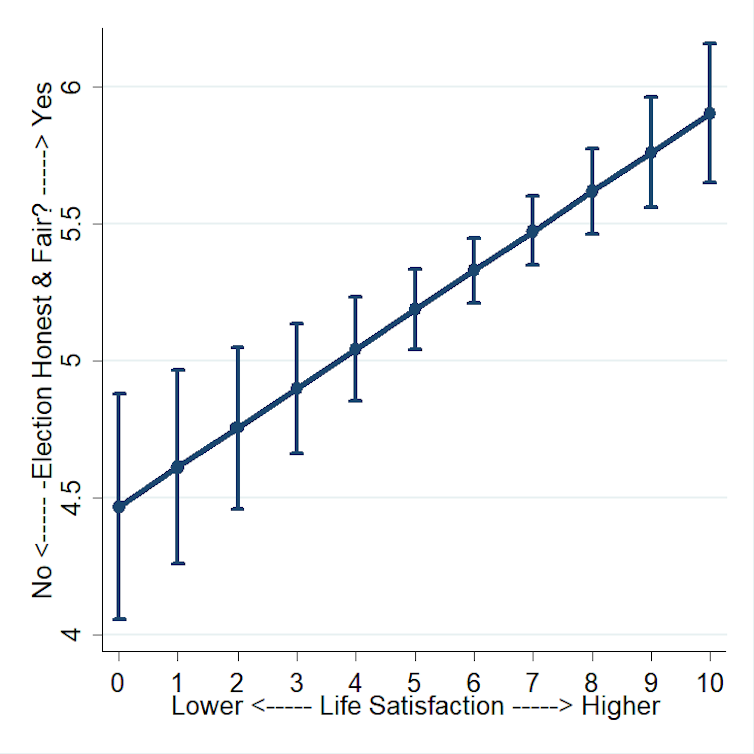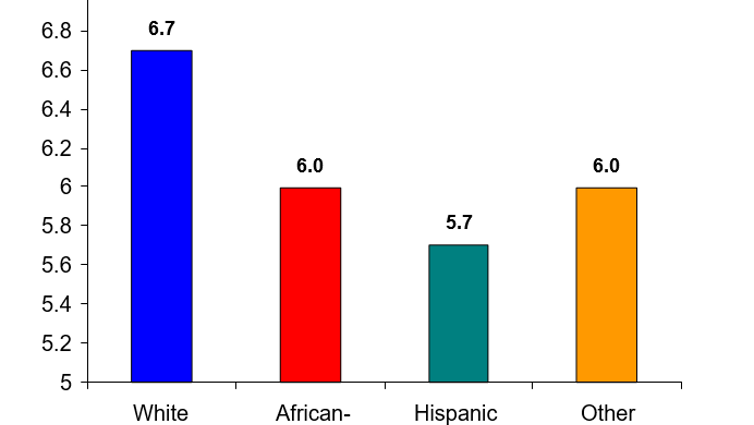As Washington hosts a presidential inauguration under strict security lockdown, the US has rarely been more divided and unhappy. The shocking mob invasion of Capitol Hill is the most obvious manifestation of this – but in the background lurks the the COVID-19 pandemic. This has taken a horrific toll on human life and wellbeing – the US currently leads the world in confirmed cases and fatalities.
According to the Johns Hopkins University database, by January 14 2021 more than 23 million Americans had contracted the disease and nearly 400,000 had died from it. The disease itself and government efforts to combat it have precipitated a major economic crash and huge social dislocations culminating in a riot in the nation’s capital. While this was sparked by Donald Trump’s refusal to accept the validity of the election, the pandemic has created an atmosphere of misery and discontent for many Americans.
There have been serious negative psychological effects of the pandemic in the form of a significant erosion of feelings of life satisfaction. Our Cometrends pre-election survey of 2,500 people aged 18 and older across the US, which we conducted immediately before the November 3 presidential election, provides a grim snapshot of life in American as it chose new leadership.
Using data gathered before the pandemic began, the 2020 World Happiness Report documented that the average level of life satisfaction in the US was 6.9 points on a scale of zero to ten, where zero means the respondent has the “worst life imaginable” and ten means the “best life imaginable”. But our new survey shows Americans’ average happiness score just before the election had dropped to 6.4 points.
Life satisfaction before the election
2019 Cometrends Pre-Election Survey., Author provided
The new survey data also show levels of life satisfaction differ significantly in between ethnic and racial groups. While differences in life satisfaction between these groups in the US population are not new, our survey evidence testifies that the economic and psychological effects of the pandemic and efforts to mitigate it also vary significantly across ethnic and racial lines.
As the graph below shows, significantly more people from ethnic minority groups said that they had encountered economic difficulties because of the pandemic. The story of psychological difficulties is similar. White people are much less likely to say they have experienced mental health problems than ethnic minorities.
Economic and psychological problems due to COVID-19

2019 Cometrends Pre-Election Survey, Author provided
When we looked at the effect of COVID on life satisfaction, taking into account other relevant factors such as income, age, confidence in political authorities, we found the virus has exerted significant negative effects on life satisfaction independently of these other factors.
Political fallout
Penned nearly 250 years ago, the Declaration of Independence identifies “Life, Liberty and the Pursuit of Happiness” as “inalienable rights” for all. COVID-19 put these rights at serious risk. Although the massively negative economic impact of the pandemic and government attempts to contain it became apparent almost immediately, deleterious psychological effects were recognised more slowly.
New survey evidence shows that the latter effects are widespread and have precipitated large decreases in life satisfaction. In the same way that COVID cases and fatalities have been concentrated in vulnerable groups, the less-well educated, individuals on lower incomes, and ethnic minorities have borne the brunt of the psychological harm, too.
Life satisfaction has many important consequences, some of which are political. Perhaps unsurprisingly, our Cometrends post-election survey, consisting of 1,959 participants from the pre-election study, showed supporters of Joe Biden judged the electoral process very favourably, while most Trump voters were highly critical. But we also found that people who reported low levels of life satisfaction were more likely to think the election was rigged.
Partisan views of the election

2020 Cometrends Post-Election Survey, Author provided
In part these contrasting judgements are products of the deep partisan and ideological animosities that have animated American voters throughout the Trump years. But statistical controls for these factors reveal that life satisfaction had a sizeable independent impact on judgements about the fairness of the election.
Views of the election affected by people’s feelings of wellbeing

2020 Cometrends Post-Election Survey, Author provided
The storming of Washington’s Capitol Building is only the latest in a series of violent protests and destructive riots that have occurred over the past year. The shocking event symbolises the profound political and psychological malaise that gripped America in the Trump era. One important consequence is that levels of life satisfaction have declined, especially in less privileged segments of the population.
The incoming president faces many daunting tasks. Restoring political civility and helping to increase wellbeing in a fragmented and fractious electorate will be among the most important.
![]()
Paul Whiteley receives funding from the British Academy and the ESRC.
Harold D Clarke has received funding from the National Science Foundation US
Marianne Stewart has received funding from the National Science Foundation US.











